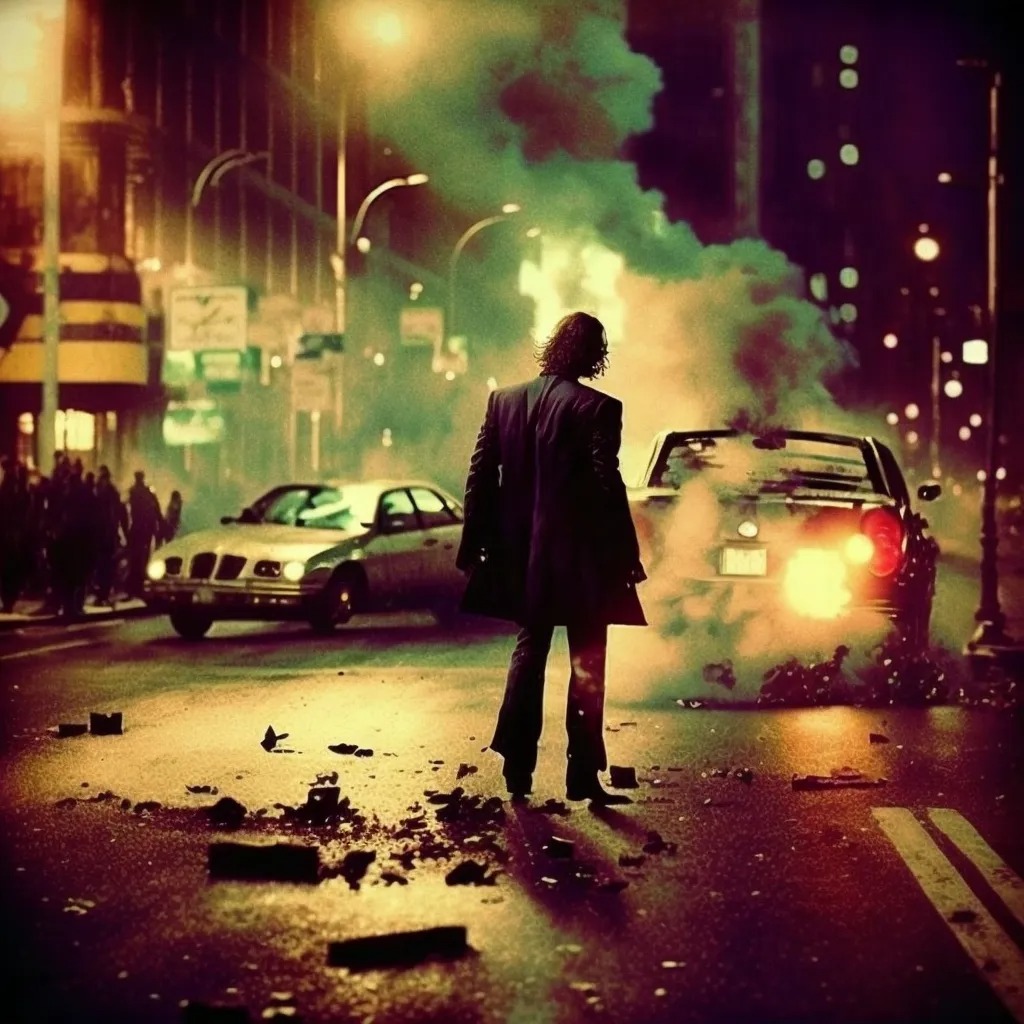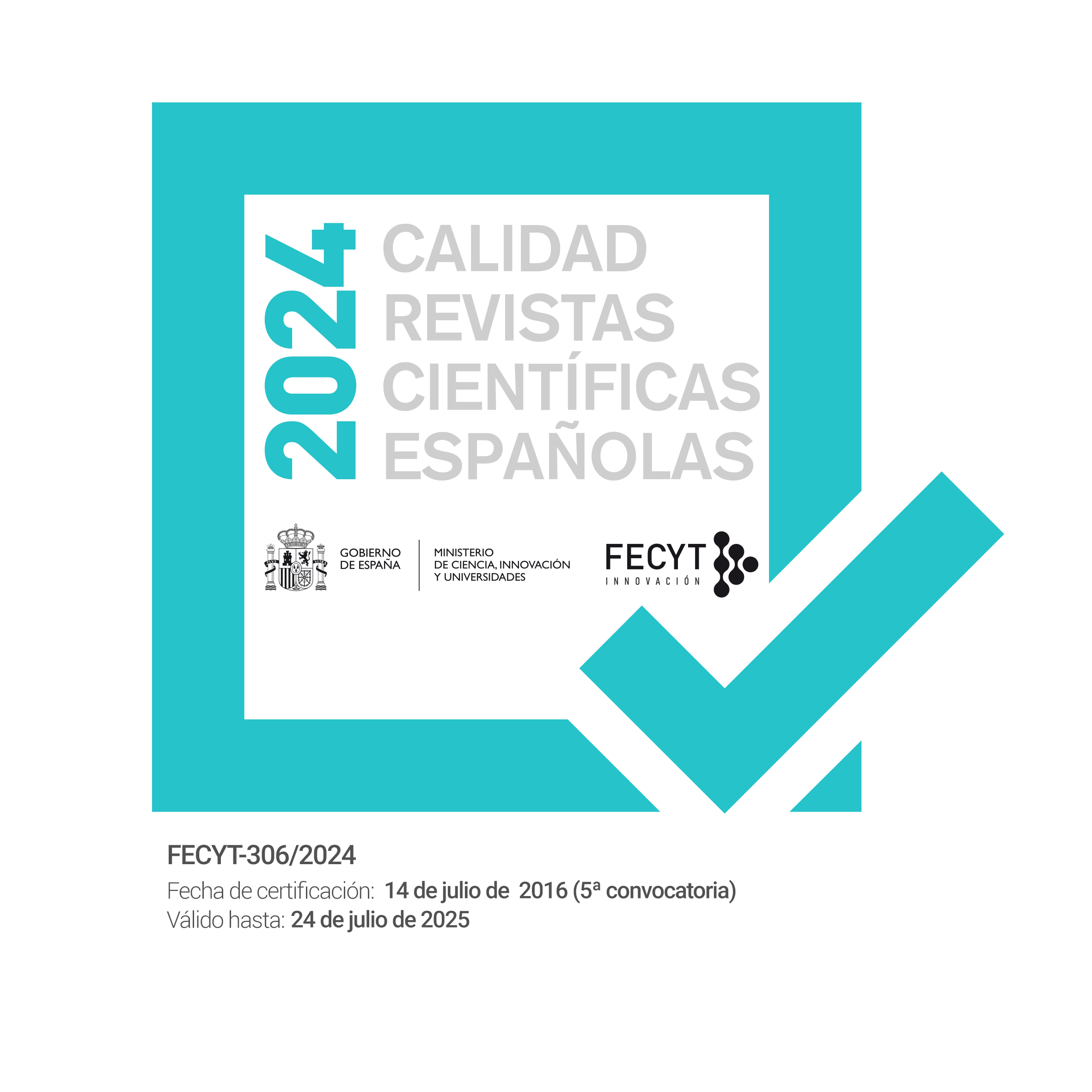Lessons learned from the coronavirus crisis: preparation and social resilience
DOI:
https://doi.org/10.22325/fes/res.2020.50Keywords:
natural risk, risk communication, vulnerabiltyAbstract
The coronavirus crisis has been an unexpected stress test for our societies. Increasing the social resilience against future existential risks —from new pathogens to asteroids or changes in the climate— should be, along with the mitigation efforts, one of the main objectives after overcoming this pandemic. In this article, we review some issues related to the vulnerability and preparedness of societies against natural risk and, specifically, against the coronavirus crisis such as the response capacity of the government and the overall society, risk communication or leadership. The article aims to contribute to fostering reflection, analysis and future debate on preparedness for natural risk.
Downloads
Published
How to Cite
Issue
Section
License
• The transfer of the copyright of the article to Revista Española de Sociología.
• The assignment to the Revista Española de Sociología of the rights of commercial exploitation of the article to third parties both in the offset and digital formats, as well as to the search engines and platforms that may serve as intermediaries for the sale or knowledge of the article.




